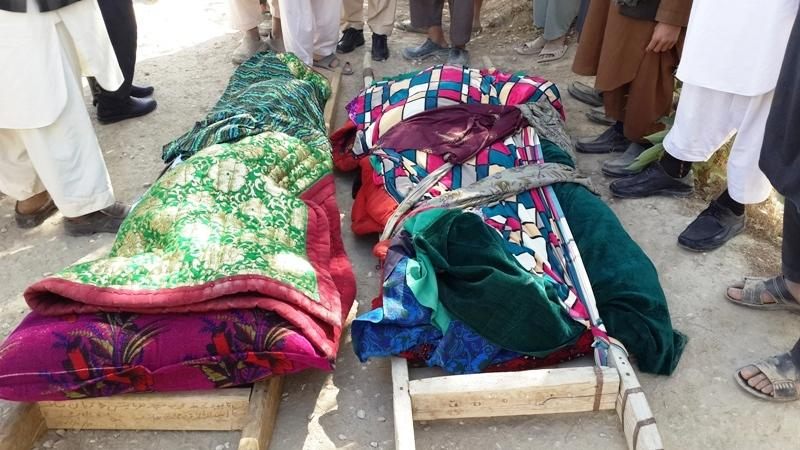RASC News Agency: A deeply distressing incident in Afghanistan’s eastern Nangarhar province has once again brought to light the worsening humanitarian catastrophe and mental health crisis gripping the country under the Taliban’s rule. Local sources have confirmed that a young man identified as Ziaullah, a recent graduate in medical technology murdered both of his parents before taking his own life. The gruesome act was committed after the young man reportedly endured severe torture while in the custody of Iranian police during his attempt to seek work abroad. The incident occurred on the night of Friday, June 9, in the Hada-e-Kabul area of Jalalabad’s Fifth Security District. According to multiple sources familiar with the case, Ziaullah had completed his studies at a private institution in Jalalabad and had sought employment opportunities to support his impoverished family. Faced with endemic joblessness under the Taliban regime and the absence of any meaningful economic prospects, he migrated to Iran in desperation.
However, instead of finding work or security, Ziaullah was arrested by Iranian authorities, subjected to beatings and degrading treatment, and ultimately deported back to Afghanistan. Relatives reported that he returned home bearing deep psychological scars. His mental state had visibly deteriorated, yet no mental health services were available to offer him support a glaring indictment of the Taliban’s neglect of public health infrastructure. Following a verbal altercation with his parents, the young man fatally stabbed them with a knife before taking his own life. Neighbors and family members have described him as a gentle and intelligent individual who fell into a downward spiral after enduring repeated trauma and abandonment by a system that refuses to recognize or address mental illness.
Although local Taliban officials in Nangarhar have acknowledged the incident and described it as “tragic,” their response has been predictably hollow and devoid of any commitment to prevention or accountability. The regime continues to operate in complete denial of the psychological toll its governance has imposed on a generation of young Afghanistanis many of whom have endured war, displacement, poverty, and now forced deportation without any institutional support. This case is far from isolated. International watchdogs and humanitarian organizations have repeatedly warned that mass deportations of Afghanistanis from Iran and Pakistan are fueling an invisible epidemic of psychological trauma. Returnees often suffer from untreated PTSD, depression, and social isolation, compounded by the Taliban’s systematic dismantling of Afghanistan’s healthcare and social welfare systems.
Under Taliban control, mental health remains a taboo subject. There are no state-sponsored counseling services, no community support initiatives, and no public dialogue surrounding psychological well-being. Health professionals especially female psychologists and counselors have been forced out of their professions, silenced, or exiled. Meanwhile, Taliban administrators, lacking even the most basic understanding of human psychology, remain fixated on enforcing religious orthodoxy and gender segregation rather than addressing the suffering of ordinary citizens. Ziaullah’s story is a haunting reminder of what happens when despair meets neglect. His descent into madness, triggered by systemic violence and intensified by a regime that criminalizes care and compassion, is the tragic outcome of a broader collapse of state responsibility.
As Afghanistan sinks deeper into isolation, poverty, and social disintegration under Taliban rule, urgent international action is required. Humanitarian organizations must not only address food and shelter needs but also prioritize the mental health crisis that is silently ravaging Afghanistan’s youth. At the same time, the international community must stop legitimizing a regime that has proven itself incapable of governing, healing, or protecting its people. Ziaullah’s death and the brutal deaths of his parents should not be forgotten. They are the victims not just of personal tragedy, but of a failed system built on repression, denial, and abandonment. And unless action is taken, more such stories will emerge from the shadows of Afghanistan’s broken soul.






